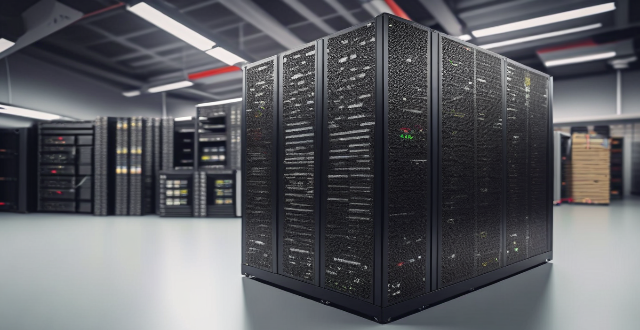RAM, or Random Access Memory, is a crucial component of computer hardware that provides temporary storage for data and instructions. Its role includes data storage for quick access by the CPU, enabling multitasking, caching frequently accessed information, buffering to prevent data loss, maintaining system stability, and offering energy efficiency. Without enough RAM, a computer's performance would be significantly compromised, leading to slower processing times and potential system instability.

The Role of RAM in Computer Hardware
RAM, or Random Access Memory, plays a crucial role in the functioning and performance of computer hardware. It is a type of volatile memory that temporarily stores data and instructions for quick access by the computer's processor (CPU). Here are some key aspects of RAM's role in computer hardware:
1. Data Storage
RAM serves as a temporary storage space for data and programs that are currently being used by the CPU. When you open an application or file on your computer, it is loaded into RAM from the hard drive or solid-state drive (SSD). This allows the CPU to access the data more quickly, as RAM provides faster read and write speeds than traditional storage devices.
2. Multitasking
RAM enables multitasking by allowing multiple programs to run simultaneously without slowing down the system. Each open program requires a certain amount of RAM, and having enough available RAM ensures that each program can operate smoothly without competing for resources. If there isn't enough RAM, the system may start using the hard drive as virtual memory, which can significantly slow down performance.
3. Caching
RAM also acts as a cache for frequently accessed data and instructions. Caching involves storing frequently used information in RAM so that it can be retrieved quickly when needed. This reduces the need for the CPU to access slower storage devices, improving overall system performance.
4. Buffering
RAM provides buffering capabilities, which help to prevent data loss during processing. For example, when copying files or downloading data from the internet, RAM acts as a buffer between the source and destination, ensuring that the transfer process remains stable and efficient.
5. System Stability
Having adequate RAM is essential for maintaining system stability. If a computer doesn't have enough RAM to support its workload, it may experience crashes, freezes, or other issues. Insufficient RAM can also lead to increased wear and tear on other components, such as the hard drive or SSD, due to their increased use as virtual memory.
6. Energy Efficiency
Compared to other types of memory like ROM (Read-Only Memory), RAM is relatively energy-efficient. It consumes less power while providing fast read and write speeds, making it an ideal choice for use in modern computers and other electronic devices.
In conclusion, RAM plays a vital role in computer hardware by providing fast, temporary storage for data and instructions, enabling multitasking, caching, buffering, maintaining system stability, and offering energy efficiency. Without sufficient RAM, a computer's performance would be significantly compromised, leading to slower processing times and potential system instability.